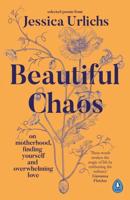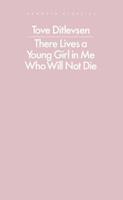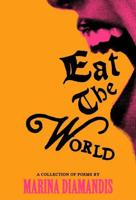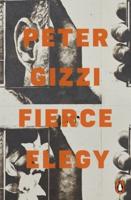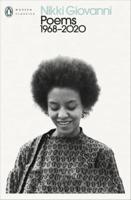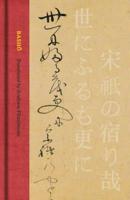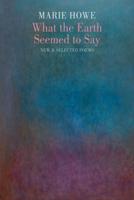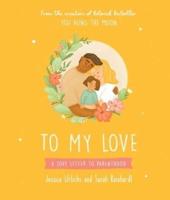Publisher's Synopsis
This anthology, sorted into three parts, collects some seventy English translations of Chinese poems and song lyrics as well as a dozen of English classics into Chinese. These translations are the cumulative, on-and-off efforts of this translator in the past decades, especially after his retirement, by treating such translation as a pastime. In the 1980's, I briefly joined a Chinese chorus. I noticed that the programs for the chorus' public performances always included English translations of the Chinese lyrics, presumably to help non-Chinese-speaking audiences understand what was being sung. An idea dawned on me: why not make these songs singable in English? This is how Part I of this anthology came into being. To convert Chinese songs into singable English versions, one confronts a spectrum of limitations. First of all, the meaning of each line has to be expressed within the number of syllables allowed as dictated by the number of musical notes for that line. Then rhymes are to be appropriately assigned and awkward spots smoothed out. When feasible, I may even render classic Chinese poems into traditional metered English verse. Therefore, certain omissions and abridgements are unavoidable. All of the selected songs, be they artistic or popular, are those that I have learned to sing. For all the translated lyrics I have tried them out myself to ensure that they are amenable to singing. I am unable to provide the music scores; I do, however, supply reference to the original source. Any user who finds the twenty-some translations in Part I rough and hard to adapt to the melodies, please excuse the translator's lack of professionalism in music. The selection of classic or modern Chinese poems in Part II is rather random. Some of them are done at the request of friends or are poems on scrolls and screens in our house. Some are materials that have been discussed in our Literary Saloon gatherings. Most are published translations found by me to be not entirely satisfactory (i.e., those which fail to meet some of this translator's biases, ha, ha) or grammatically twisted for the sake of versification (as the Chinese proverb has it: "chopping the foot to fit the shoe") that they need to have more readable alternatives. As to my personal criteria for Chinese-English translation, interested readers are referred to the Introduction to My Approach to Translaion included in this book. In Part III, a salient feature is worth mentioning. In most cases, each line in the Chinese translation contains the same number of characters equivalent to the syllables in the English original. The rhyming schemes, likewise, are matched with the original in all locations. These "game rules" are set by this translator solely for kicks. Obviously the English songs so translated can be sung to the original tunes. Translation is at once a demanding and unrewarding task. Translating poetry is even more daunting. Robert Frost once said, "Poetry is what gets lost in translation." So true! What makes poetry poetic is the charm unique to the very language used for its expression. But poetry has to be conveyed into other languages so that it can be appreciated by people who speak a different tongue. A translator can only try his best. I do not subscribe to the theory that translation is re-creation. I specifically dislike those who use it as a shield to fend off criticism on infidelity or inaccuracy in their translations. So, what qualifies me to undertake this "hobby?" In addition to a fair working knowledge of both the Chinese and English languages, I wrote poems in my youth and I believe I am more sensitive to the feel of poetry compared with the ordinary translators. I am willing to employ all sorts of tool books and search for references. Most important of all, I have a heart for pursuing perfection and an unfading enthusiasm.

